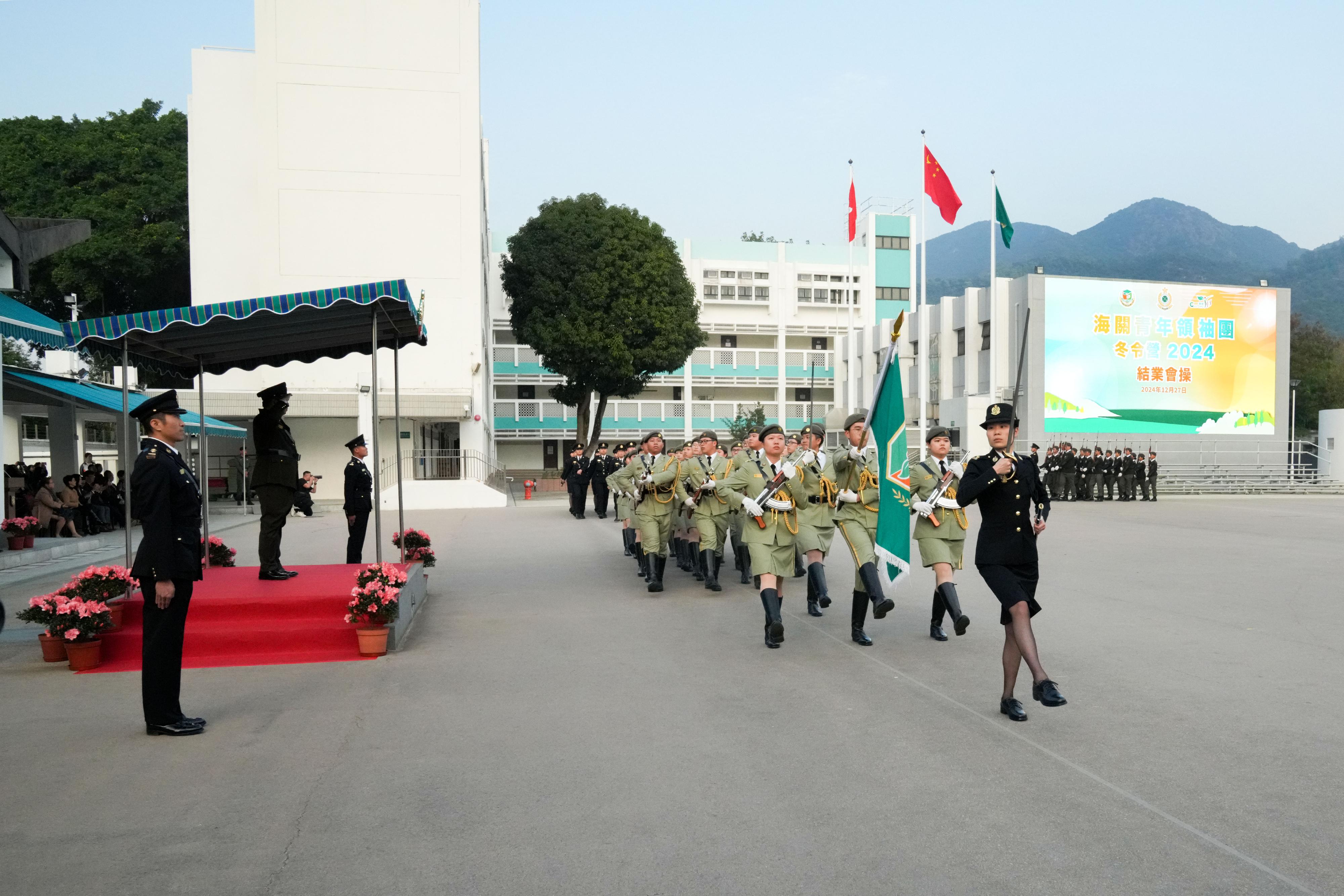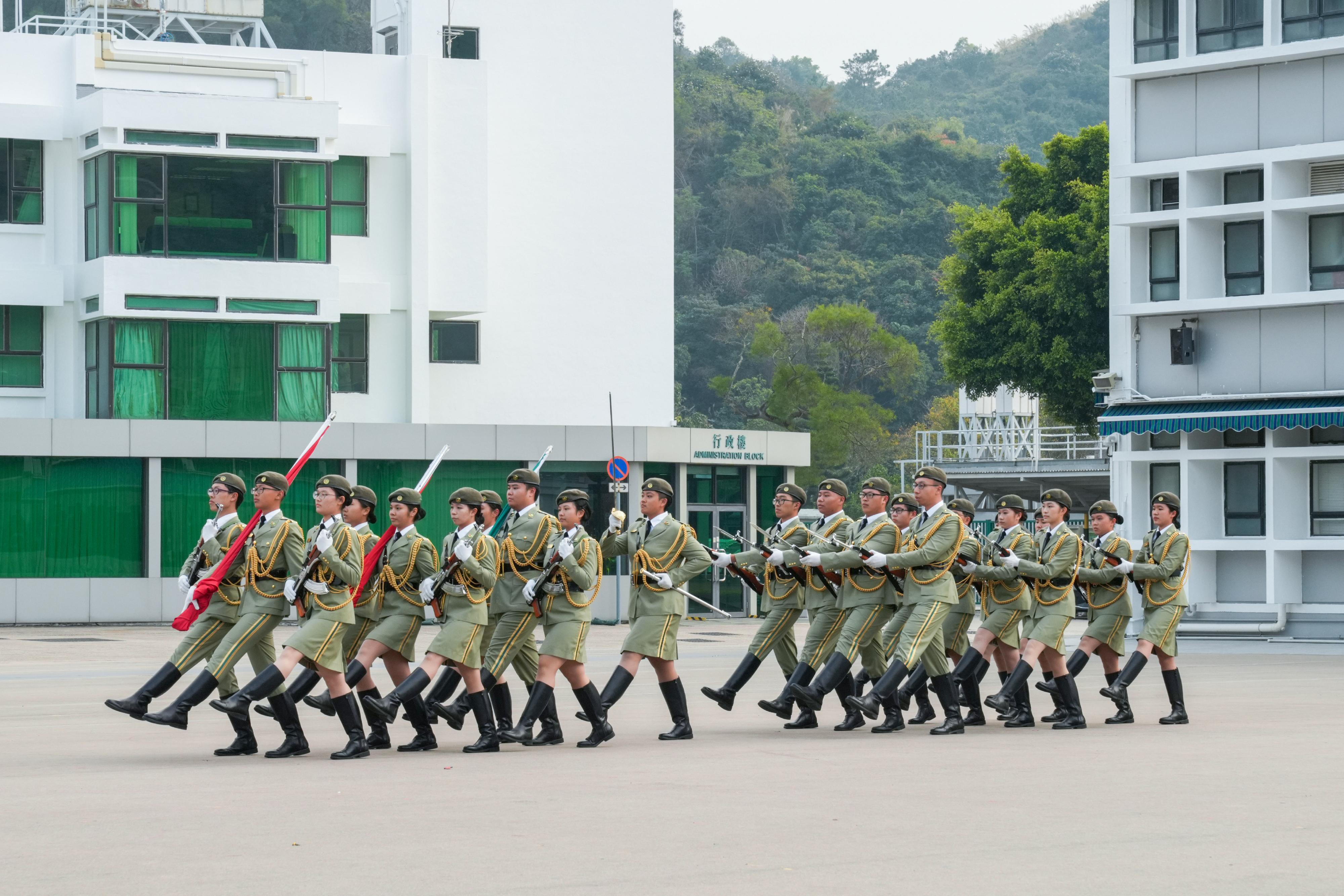DoJ updates contents of bilingual version of “Annotations of the Hong Kong National Security Law and Sedition Offences in the Crimes Ordinance” and publishes “Proceedings for the National Security Legal Forum ‘Looking Back and Ahead, New Dawn for Development'”
The Department of Justice (DoJ) launched the English version and Chinese version of “Annotations of the Hong Kong National Security Law and Sedition Offences in the Crimes Ordinance” respectively in December last year and June this year, and has today (December 28) updated the contents of the bilingual version of the Annotations to cover the developments in the laws relating to safeguarding national security up to June 30, 2024 as well as judgments of individual major cases thereafter. The updated contents have been uploaded to and can be accessed by the public at the Annotations dedicated website.
The Annotations collate and summarise judgments and information concerning the Hong Kong National Security Law as well as sections 9 and 10 of the Crimes Ordinance (Cap. 200) (Note), in order to raise public awareness of national security and to promote better understanding of the laws relating to safeguarding national security by all sectors of the community. Since the launch of the Annotations, there have been important developments in the relevant laws relating to the safeguarding of national security and the courts have handed down judgments in relevant important cases. The DoJ collated and summarised these important judgments with a view to enabling the public to better understand the Hong Kong National Security Law and related laws, and facilitating research and application of the Hong Kong National Security Law and related laws by the legal sector.
Moreover, with the staunch support from the Central People’s Government, the DoJ successfully organised on June 8, 2024, the National Security Legal Forum themed “Looking Back and Ahead, New Dawn for Development”, bringing together experts and scholars, community dignitaries and legal elites to engage in in-depth and high-level exchanges of ideas and discussions on cutting-edge issues on national security laws. In order to share with the public the fruits of the Legal Forum, the DoJ has compiled and translated the relevant speeches and discussions at the Forum, and has today published the “Proceedings for the National Security Legal Forum ‘Looking Back and Ahead, New Dawn for Development'”. The Proceedings have already been uploaded to the website of the DoJ for public access.
Note: Former sections 9 and 10 of the Crimes Ordinance have been repealed by section 139 of the Safeguarding National Security Ordinance (6 of 2024) (SNSO) and replaced by sections 23 to 26 of the SNSO which has come into effect since March 23, 2024. read more








